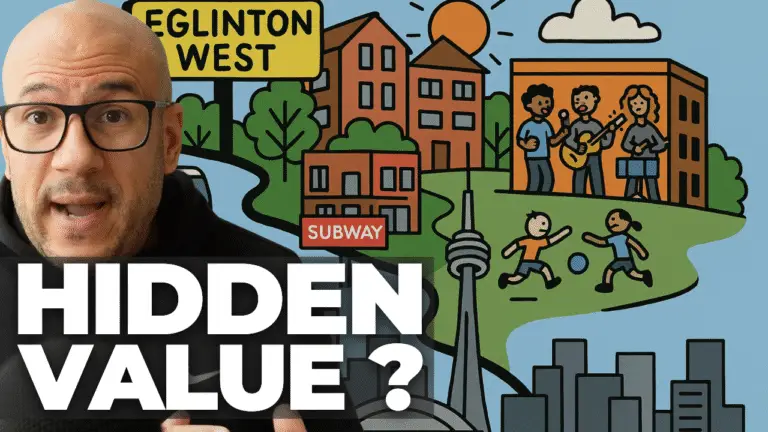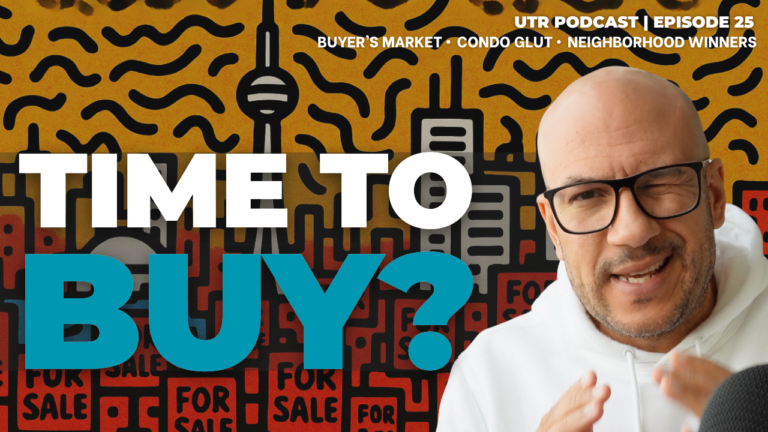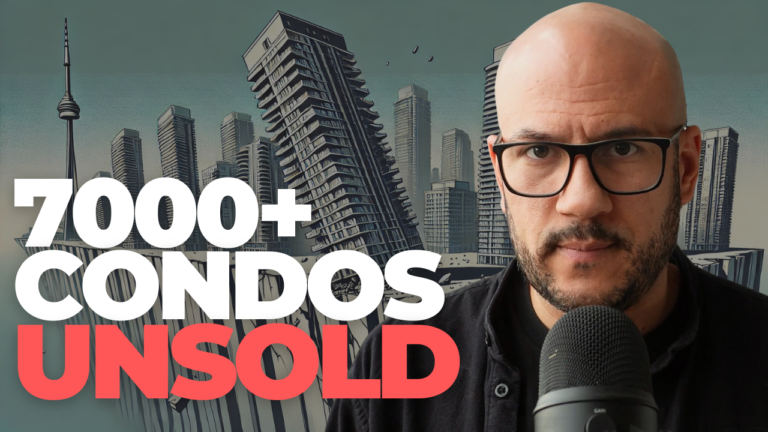Introduction: The Real Estate Lie
Toronto’s real estate market is a battleground. Home prices continue to soar, leaving many potential buyers wondering—who is real estate actually for?
But in recent months, another debate has taken center stage: the backlash against Diversity, Equity, and Inclusion (DEI). Critics argue that DEI is either unnecessary or even contributing to affordability challenges. But the data tells a different story.
So let’s break it down—is DEI making Toronto real estate less affordable, or is it the key to solving the crisis?
The Affordability Crisis in Toronto
Toronto real estate has become one of the most unaffordable housing markets in North America. According to the Toronto Regional Real Estate Board (TRREB), the average home price in the Greater Toronto Area (GTA) now sits well above $1.1 million.
For many prospective homeowners—especially Black, Indigenous, and People of Color (BIPOC) communities—the dream of homeownership is slipping further out of reach.
Here’s why:
✅ Wages haven’t kept pace with home prices.
✅ Mortgage approval disparities exist across racial and socioeconomic lines.
✅ Zoning laws limit affordable housing development in high-demand areas.
But when it comes to DEI, some argue that equity-focused policies in real estate are making affordability worse.
So, let’s address the elephant in the room—is DEI really to blame?
What the Data Says About DEI & Housing
In 2022, the Ontario Real Estate Association (OREA) Presidential Advisory Group on DEI released a report revealing systemic barriers in Ontario’s housing market.
Key Findings:
📉 Only 43% of Black respondents own a home—compared to 72% of non-visible minorities.
🏦 22% of consumers who faced discrimination in real estate identified banks or mortgage providers as the source.
🚧 16% of buyers reported roadblocks in mortgage approval due to their race, ethnicity, gender identity, or sexual orientation.
🔗 6% of buyers switched banks or lenders due to discriminatory treatment.
📖 Read the full OREA report here.
So, does this sound like DEI is making real estate less affordable? Or does it sound like the lack of DEI policies is making it harder for marginalized communities to access homeownership?
The truth is, DEI isn’t the cause of unaffordable housing—it’s exposing who has always been left out.
Why the DEI Backlash is a Distraction
Recently, high-profile figures like Elon Musk and Donald Trump have criticized DEI efforts, calling them “unnecessary” or “divisive.” But let’s be real—rolling back DEI does nothing to fix affordability.
📢 Wes Hall, founder of the BlackNorth Initiative, recently pointed out that 98% of Costco shareholders voted to keep DEI policies in place. Why? Because inclusion isn’t just good ethics—it’s good business.
And as Rashad Bilal from Earn Your Leisure said:
“Focus on ownership and wealth. Everything else is a distraction.”
So instead of debating DEI, we need to focus on the real issue—building affordable housing, reforming mortgage lending, and creating pathways for generational wealth.
The Real Solution: Protecting Diverse Neighborhoods
If we want to make real estate more affordable in Toronto, we need real solutions:
🏡 Zoning Reform: Make it easier to build duplexes, triplexes, and mid-rise apartments in high-demand neighborhoods.
💰 Fair Lending Practices: Hold banks accountable for discriminatory lending patterns.
📈 Affordable Homeownership Programs: Expand access to first-time buyer grants and rent-to-own models.
Neighborhoods like Eglinton West and Weston are at the center of this conversation. These areas have historically been cultural and economic hubs for Black and brown communities. Without equitable housing policies, these communities risk displacement, losing not just homes but entire generational legacies.
Final Thoughts: What’s Next for Toronto Real Estate?
The conversation around DEI and affordability isn’t going away. But one thing is clear—scaling back DEI won’t fix Toronto’s housing crisis.
Instead of blaming equity policies, we need to focus on making homeownership possible for more people, not fewer. That means protecting diverse neighborhoods, increasing supply, and holding financial institutions accountable.
Because the real estate lie isn’t DEI. It’s the idea that affordability was ever truly available to everyone.
What’s Your Take?
💬 Drop a comment below—do you think DEI is helping or hurting affordability?
📩 Looking for expert insights on navigating Toronto real estate? Reach out today.


